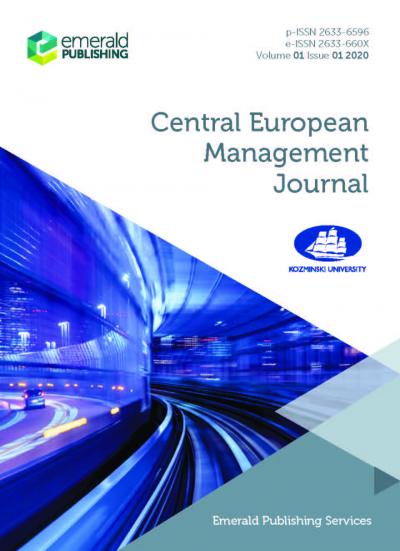Purpose: This article provides an understanding of international retailers’ successes and failures when expanding in the Polish market. Accordingly, the objectives of this article were to define and identify what are the critical factors of success and failures of international retailers’ strategies while expanding in the Polish market according to the retailers themselves.
Methodology: Adopting an interpretative research approach, this article elaborates a multiple explanatory case study design to discover how existing theory on internationalization compared to how internationalization is experienced and conceptualized by practitioners in their natural contexts.
Findings: Twenty cases were studied among which were found four successful retailers and two who had failed. Coding of categories highlighted five critical success factors and five critical failure factors. Pricing strategy, necessity of adapting operations to local market, learning by doing, e-commerce and early entry timing appeared as factors of success or at least as “facilitating factors.” Choosing the inappropriate entry method, underestimating competition, developing the retail network and retail environment at a slow pace and not giving enough means of abnegation led to failures in Poland.
Originality: This article contributes to filling two main gaps identified in the literature review. Many different theoretical approaches exist but no conclusive framework has emerged. Besides, most concepts were developed and tested on western European countries and nothing proved adequate to the specific retail landscape of eastern Europeans countries such as Poland.




